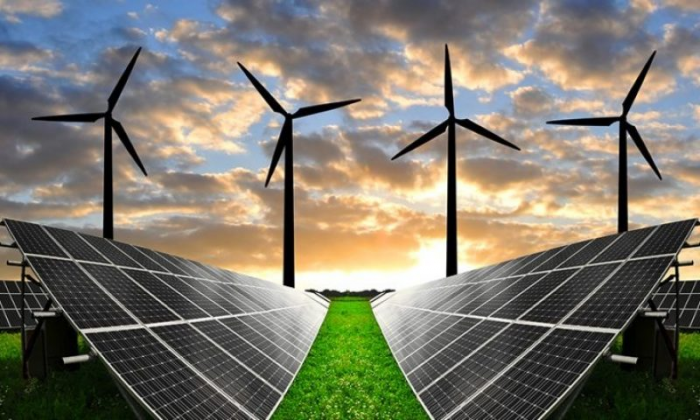Overview
Malta employs a range of support schemes to foster the development of electricity from renewable energy sources (RES-E). Solar photovoltaic (PV) remains the dominant and most viable RES-E technology, projected to contribute over 42% of Malta’s total renewable energy share by 2030.
As outlined in the Final Updated National Energy and Climate Plan (NECP) 2021–2030, Malta maintains a minimum target of 11% RES in the electricity sector by 2030. However, recent performance indicates more ambitious outcomes are achievable, with Malta already surpassing its overall RES target, reaching 13.4% in final energy consumption by 2022.
In addition to solar PV, the government is actively exploring offshore renewable energy options, including floating solar and wind, supported through national tenders and EU-funded innovation frameworks.
Summary of support system
- Subsidy for PV Installations- Capital grants are available for residential and non-residential solar PV installations to help overcome cost barriers and promote self-consumption. These schemes are coordinated under national energy efficiency and RES deployment strategies.
- Feed-in Tariff (FiT) Support - PV installations with a capacity of less than 40 kWp are supported under a feed-in tariff scheme governed by S.L. 545.27, guaranteeing stable compensation for generated electricity for a period of up to 20 years.
- Tenders for Medium and Large Installations:
- Premium Tariff Tenders (400–1,000 kWp): Competitive tenders managed by the Ministry for the Environment, Energy and Enterprise offer fixed premium tariffs over the market price for new installations within this range.
- Tenders for Installations Exceeding 1,000 kWp: New PV and wind installations above 1 MW can participate in open tenders, provided they have not received other forms of support. These projects are evaluated based on technical merit, grid integration potential, and cost-effectiveness.
- Offshore Renewable Energy Development - A Pre-Market Consultation (PMC) for a 50 MW floating offshore PV farm was launched in 2024, representing Malta’s first major step toward meeting its target of 350–380 MW of offshore renewables by 2030. Offshore projects will be supported through specialised tenders and permitting reforms.
Competent authorities
- Regulator for Energy and Water Services (REWS) - Regulatory body overseeing licensing, tariffs, and market compliance.
- Ministry for the Environment, Energy and Enterprise - Responsible for tender procedures, energy strategy, and policy execution.
- Energy and Water Agency (EWA) - National authority for energy planning and EU funding coordination.




